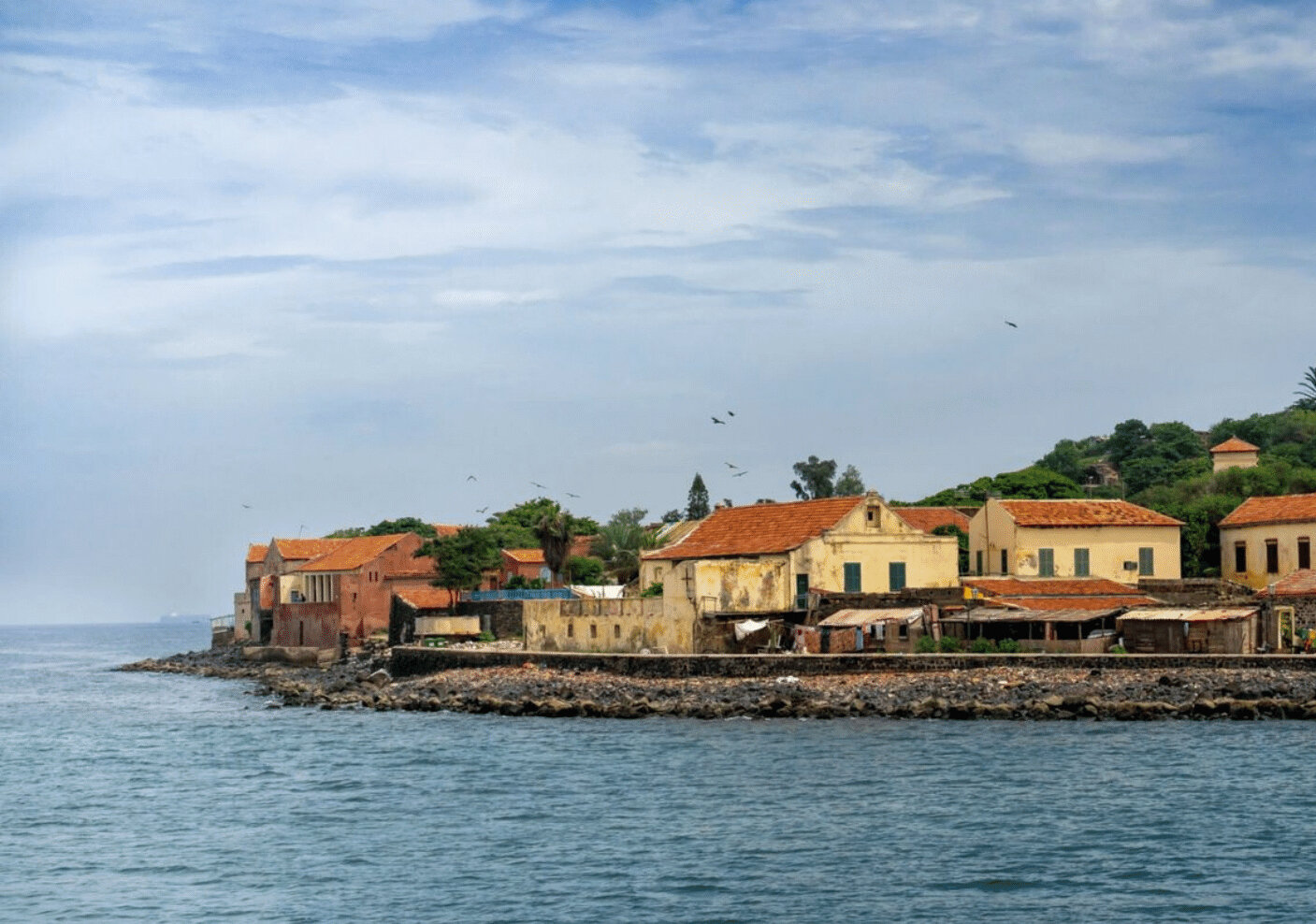SSE in Africa
GSEF 2023 DAKAR
The Social and Solidarity Economy in Africa

Although SSE is a relatively new concept for most African Union member states, many African governments already support certain parts of it and some have developed policy and legal frameworks to promote this sector.
At the pan-African level, the Organization for the Harmonization of Business Law in Africa (OHADA) adopted the Uniform Act on Cooperatives in 2009, which covers 17 countries. The following year, the West African Economic and Monetary Union (WAEMU) adopted the Regulation on Social Mutual Societies, which covers eight countries. The African Network for Social and Solidarity Economy (ANSSE), in association with the international RIPESS network, has created 22 national networks.
Out of the 30 countries around the world that have adopted SSE legislation, 5 are in Africa: Cape Verde in 2016, Cameroon and Djibouti in 2019, Tunisia in 2020 and Senegal in 2021. These framework laws set the scope for the SSE by describing the various legal forms it can take and defining its shared values and operating principles. They specify the procedures for registering organizations and administrative and statistical monitoring. They set up the dialogue between public authorities and stakeholder organizations. They also specify measures for awareness, support, funding, taxation and procurement.
SSE regulation is underway in Morocco, Algeria, South Africa and Gabon. Mali adopted a national SSE promotion policy and action plan in 2014 and a law creating the National Center for Support to the Promotion of SSE in 2017. Ministries in charge of SSE have been established in Morocco, Tunisia, Senegal and Cameroon. Countries including Mali, Nigeria and Senegal have committed to developing an SSE regional education authority.

